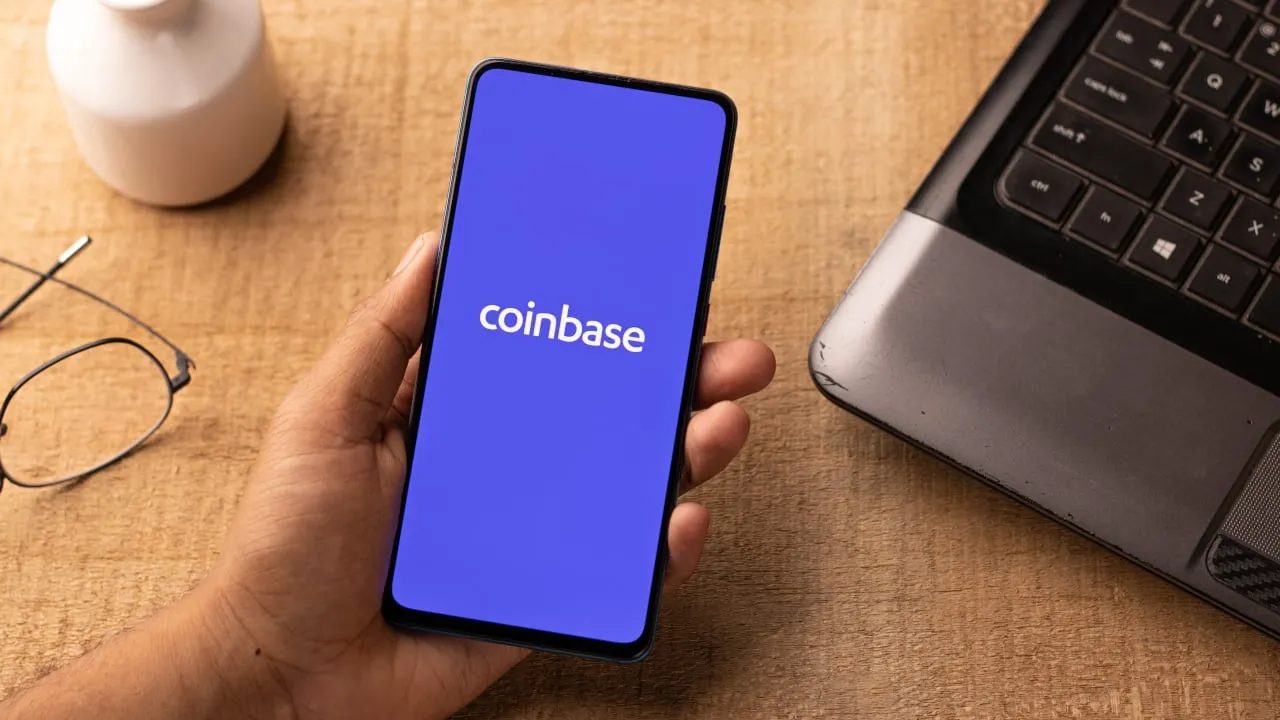Coinbase today announced the launch of its subscription service, Coinbase One.
In a Thursday blog post, the San Francisco-based cryptocurrency exchange said users would be able to pay a monthly bill in order to get trading fees slashed.
The service will also give customers access to 24/7 customer support and lower commissions for staking, Coinbase said. It will be available first for customers in the States, U.K., Germany, and Ireland.
Staking is the process of “locking-up” cryptocurrency to keep a blockchain’s network running. Those who hold proof-of-stake assets—such as Ethereum (ETH), the second largest cryptocurrency by market capitalization—pledge it to the network by sending it to a specific blockchain address and can receive rewards for doing so.
Crypto exchanges like Coinbase are aiming to take over this process for users—but third parties getting involved has been controversial. In February the U.S. Securities and Exchange Commission hit American crypto exchange Kraken with a $30 million fine for allegedly failing to register the offer and sale of its crypto asset staking-as-a-service program.
Coinbase added today that One customers would have “lower commissions for staking Cardano (ADA), Cosmos (ATOM), Solana (SOL), and Tezos (XTZ)” and therefore be “able to earn more from their crypto without added fees.”
— Coinbase 🛡️ (@coinbase) May 18, 2023
Coinbase first confirmed its subscription service to Decrypt back in 2021.
And the announcement today appears to be part of its aggressive expansion overseas. In March, Coinbase said it was accelerating its “Go Broad, Go Deep” strategy to grow its presence on every continent—except for Antarctica.
The public traded firm has spoken about how regions like Europe and the United Arab Emirates are working hard to support the digital asset economy.
“We’re committed to expanding access to Coinbase One to even more countries in the coming months, bringing the benefits of crypto to the rest of the world with our international expansion strategy,” it added.
Coinbase’s push comes as the U.S. regulators crack down on major cryptocurrency brands—especially the SEC, which claims a number of digital asset companies sell unregistered securities.

